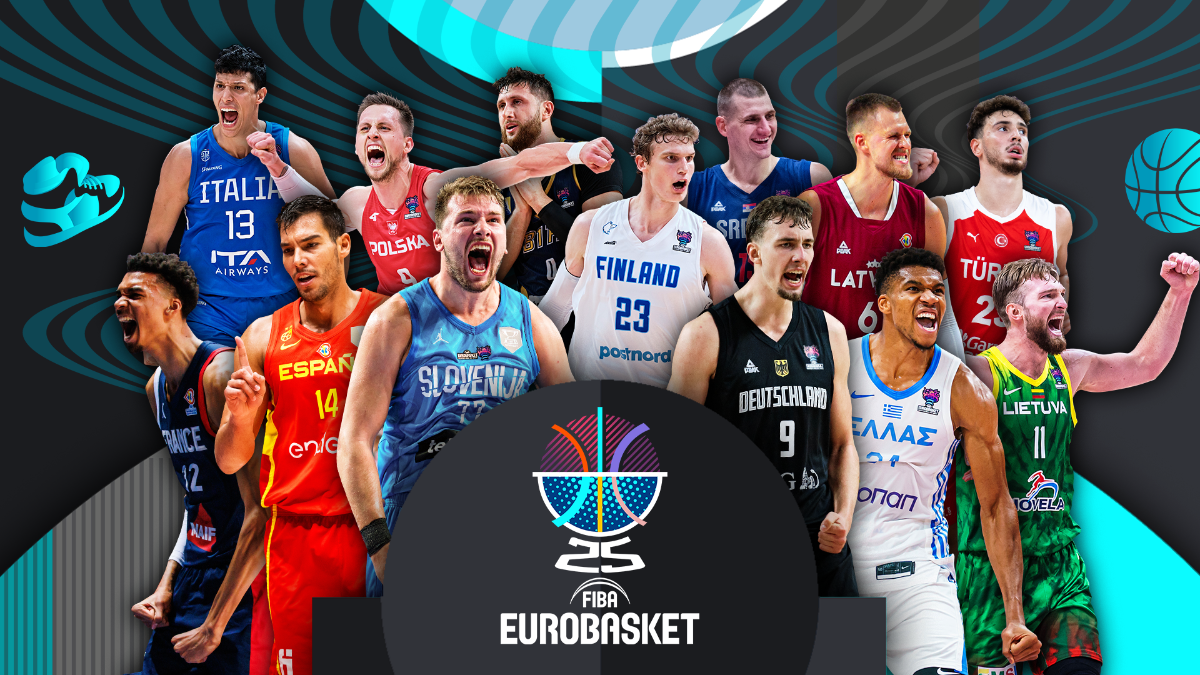
The development of women's sport around the world: A journey towards equality - Genezys
Thesport women, long relegated to the background, are now experiencing unprecedented growth. From the packed stadiums for the FIFA Women's World Cup 🏟️ to the record attendance at the Olympic Games 🥇, women's sport is no longer simply an alternative to sport male. It has become a global phenomenon, a driver of social change and a promoter of the values of equality ⚖️.
The Trailblazers: Breaking Barriers 🚀
The development of Women's sport started with female pioneers who dared to break social barriers. One of the first icons was Britain's Charlotte Cooper, who won the first Olympic gold medal for a woman in tennis in 1900 🎾. It was the Paris Olympic Games, the first to include women in certain disciplines. Of the 997 athletes present, only 22 were women, competing mainly in tennis, golf 🏌️ ♀️ and sailing ⛵. Although their number is low, the presence of women in the Olympic Games marked a first step towards inclusion in the Sport of high level.
The 1920s marked a turning point with the creation of the Women's World Games by Alice Milliat. Frustrated by the low number of women in the Olympic Games, this athlete French decided to organize an international event exclusively for women, which was a resounding success.
The emergence of women's mass competitions 🌍
The 20th century saw the rise of women's competitions, whose popularity continued to grow. In 1972, the adoption of “Title IX” in the United States marked a key moment. This law prohibits gender discrimination in state-funded educational programs, including sports. Result? An explosion in the number of women playing sports at all levels, from school to university and beyond 🏅.
In 1991, FIFA organized the first Women's World Cup in China. Although this first edition received little media coverage, it laid the foundations for a competition that will become unavoidable 📺. In 2019, the eighth edition of the Women's World Cup, organized in France 🇫🇷, attracted more than one billion viewers around the world, demonstrating the extent of the phenomenon 🌍.
Wilma Rudolph: A symbol of resilience and excellence 🌟
Wilma Rudolph, born in Tennessee in 1940, overcame a childhood marked by illness and racial segregation. Affected by poliomyelitis, she lost the use of her left leg as a child. Thanks to exceptional determination, she recovered and became a prodigious athlete 🏃 ♀️. At the 1960 Rome Olympic Games, she won three gold medals in athletics, becoming the first woman to achieve such a feat 🥇🥇🥇. Rudolph embodied resilience in the face of adversity and became an icon for women and African Americans.
Genezys: Supporting women athletes 🎯
Chez Genezys, we strongly believe in the power of sport to inspire and transform future generations. That's why we're committed to supporting exceptional female athletes. On our app 📱, you will find the profiles of Tessa Thyssen (Surfing 🏄), Maya Cloetens (Biathlon 🎯), Inès Anguenot (Water skiing 🎿), Elisa de Almeida (Soccer ⚽), Coline Devillard (Artistic gymnastics 🤸), Emily Harrop (ski mountaineering 🏔️), Margot Boch (bobsleigh 🛷), Marie-Eve Paget (basketball 🏀), Tessa Worley (alpine skiing ⛷️), and The Amazons (Grenoble women's rugby team 🏉).

To reinforce this supportive, we offer our fans the opportunity to collect Fancards Of their athletes favorites and to participate in their Challenges 🃏. These initiatives not only make it possible to create a strong link between athletes and their supporters, but also to finance the careers of these extraordinary women, by giving them the means to achieve their sporting goals 🏆.
By engaging with Genezys and of these athletes, you actively participate in the promotion of women's sport ✊.

Women's sport: A driving force for social change, also on the fan side 🌍.
The development of Women's sport is not limited to the sporting sphere. It is also a powerful tool for the emancipation of women. In Iran, for example, the fight to allow women to attend soccer matches in stadiums has become a symbol of the fight for women's rights. In 2019, after years of international pressure and mobilization, Iranian women were allowed to attend a World Cup qualifying match, marking an important victory for women's rights in the country 🎉.
The remaining challenges ⚠
Despite impressive progress, women's sport still faces significant challenges. Wage inequality between men and women remains a burning issue, with pay gaps still being glaring in many sports.
In addition, media coverage of women's sport remains lower than that of men's sport. Although events such as the Women's World Cup and the Olympic Games attract massive audiences, daily media coverage of women's sport is often overlooked.
Conclusion: A promising future with Genezys 🌟
We still have a long way to go, but the progress we are making points to a future in which women's sport takes its rightful place 🥇. At Genezys, we are firmly committed to supporting more and more female athletes, providing them with the resources and support they need to excel in their sport 🚀. Our ambition is to play a key role in promoting equality in sport, by helping these exceptional athletes shine on the international stage 🌍.
We invite you to join this movement by visiting our application 📲. Start collecting Fancards of your favorite sportswomen and participate actively in the development of women's sport. Together, with our fans, our athletes and our fellowship, we are determined to continue to change the world, one challenge at a time 🌎.

Other similar items
Sports fan? Check out the other articles written by the Genezys team.





.png)
